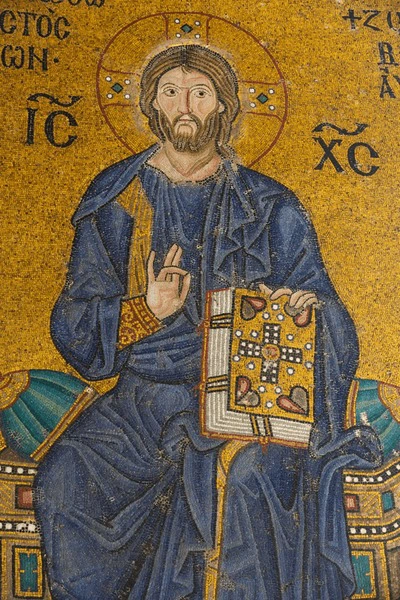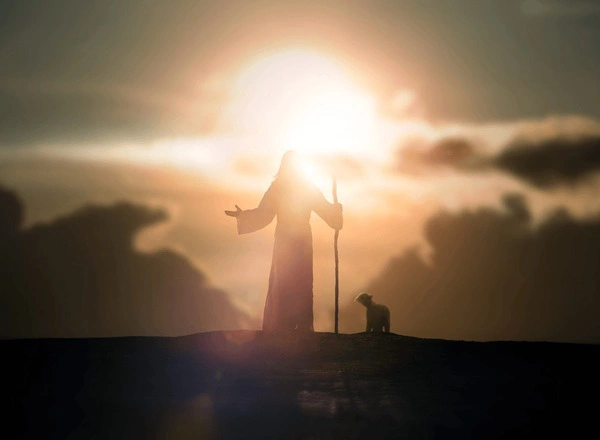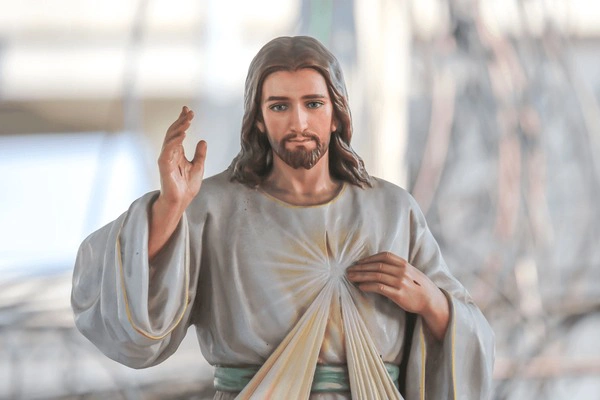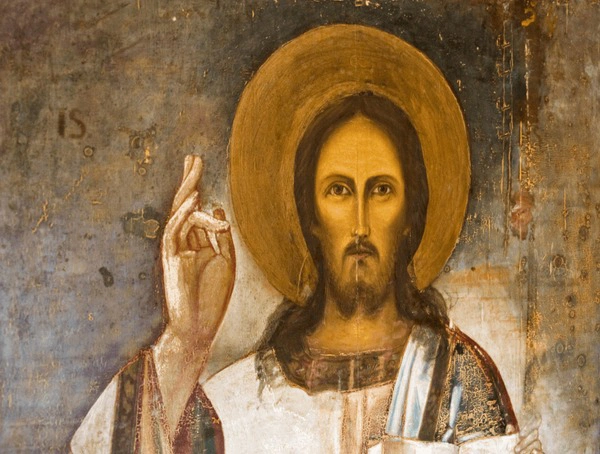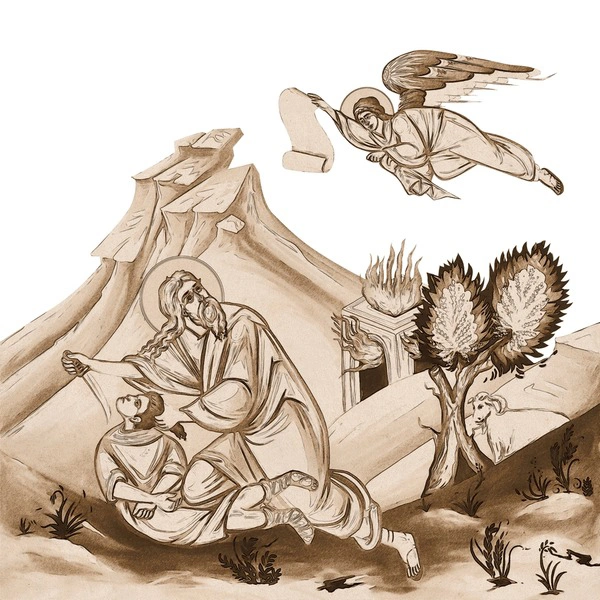
The Fulfillment of Prophecy in Matthew 1:22: Connecting Jesus’ Birth to Isaiah’s Words
In the tapestry of biblical narratives, the birth of Jesus is woven intricately with prophecies that echo through time, affirming the divine orchestration of events. The Gospel of Matthew, particularly in Chapter 1, Verse 22, highlights a profound connection between the birth of Jesus and the ancient prophecies of Isaiah. This verse serves as a cornerstone in understanding the fulfillment of God’s promises, offering a lens through which we can view the unfolding of sacred history. For those seeking to grasp the significance of prophecy in the Bible, this exploration reveals how ancient words find life and meaning in the New Testament, reinforcing the enduring continuity of God’s plan.
Emily Carter
26/11/2024 - 6 months ago

The Significance of Prophecy in Scripture
Prophecies in the Bible serve as divine messages that reveal God’s plans for humanity. These foretell events are not merely predictions but are deeply rooted in the spiritual narrative that spans the pages of Scripture. For believers, prophecies are a testament to God’s omniscience and His plan for salvation. They offer reassurance that despite the uncertainties of life, there is a divine purpose guiding the unfolding of time.
Matthew 1:22 is a pivotal verse in the New Testament where prophecy plays a crucial role. It reads, "All this took place to fulfill what the Lord had said through the prophet." This statement bridges the events of Jesus’ birth with the words spoken by the prophet Isaiah, thus highlighting the continuity of God’s promises throughout the ages. For believers, this connection serves as a reminder of the faithfulness of God who fulfills His word.
Understanding prophecy requires a look into the historical and spiritual context in which these messages were delivered. Isaiah, an Old Testament prophet, spoke to a people longing for hope and redemption. His prophecies were not only about immediate events but also contained promises of a future savior, a Messiah who would bring peace and salvation. The birth of Jesus is seen as the fulfillment of these ancient prophecies, demonstrating God’s unwavering commitment to His people.
Isaiah’s Prophecy of the Virgin Birth
Isaiah 7:14 is one of the most well-known prophecies concerning the birth of Jesus. It states, "Therefore the Lord himself will give you a sign: The virgin will conceive and give birth to a son, and will call him Immanuel." This prophecy is significant because it speaks of a miraculous birth, something that was unprecedented and served as a divine sign of God’s intervention in human history.
The term "Immanuel," meaning "God with us," encapsulates the essence of the prophecy. It signifies that through Jesus, God would dwell among His people in a new and profound way. For the early Christians, recognizing Jesus as the fulfillment of Isaiah’s prophecy was pivotal in understanding His divine nature and mission. It affirmed their faith that Jesus was indeed the promised Messiah.
The virgin birth is not just a miraculous event; it is a cornerstone of Christian theology. It underscores Jesus’ divine origin and His unique role in God’s plan for salvation. By linking Jesus’ birth to Isaiah’s prophecy, Matthew’s Gospel invites believers to see the continuity of God’s work from the Old Testament to the New Testament, reinforcing the reliability and truth of Scripture.
Matthew’s Gospel: The Bridge Between Old and New
The Gospel of Matthew is often regarded as a bridge between the Old and New Testaments. It begins with a genealogy that traces Jesus’ lineage back to Abraham, emphasizing His rightful place in Jewish history. Matthew’s intent is to show that Jesus is not just a new figure, but the culmination of God’s covenant with His people. By fulfilling prophecies, Jesus demonstrates that He is the awaited Messiah.
Matthew 1:22 plays a crucial role in this narrative by explicitly stating the fulfillment of Isaiah’s prophecy. This verse is more than a historical claim; it is a theological statement that God’s promises are trustworthy. For early Christians, it provided assurance that their faith in Jesus as the Messiah was not misplaced but was deeply rooted in the sacred texts they revered.
Through the fulfillment of prophecy, Matthew’s Gospel invites believers to witness the unfolding of God’s divine plan. It calls readers to recognize that Jesus’ life and mission were not random events but were orchestrated by God’s wisdom. This understanding encourages faith and trust in God’s promises, offering hope that transcends the challenges of the present.
The Relevance of Fulfilled Prophecy Today
In today’s world, the concept of fulfilled prophecy continues to resonate with believers seeking assurance and meaning. It serves as a reminder that God’s word is unchanging and that His promises endure through time. For those facing uncertainty, the fulfillment of prophecies like the virgin birth offers comfort that God is in control and His plans are for the good of His people.
The story of Jesus’ birth and the fulfillment of Isaiah’s prophecy also invites individuals to reflect on their own lives and the ways in which God’s promises are being fulfilled today. It challenges believers to look beyond the immediate and trust in the bigger picture of God’s plan. This perspective can inspire hope and resilience, encouraging a deeper faith journey.
Ultimately, the fulfillment of prophecy in Matthew 1:22 is a testament to the continuity and reliability of God’s word. It beckons us to embrace the beauty of Scripture’s narrative and its relevance in our daily lives. As we ponder these truths, may we be inspired to see God’s hand at work in our own stories, trusting that He is faithful to complete the good work He has begun.


